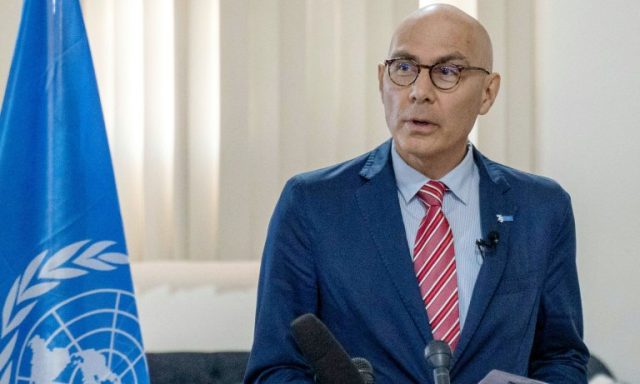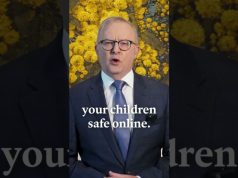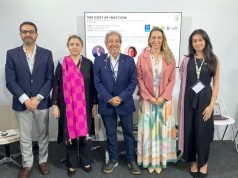UNITED NATIONS, Saturday, May 3, 2025 (WNP): UN High Commissioner for Human Rights Volker Türk has called for urgent action to protect press freedom worldwide, warning that escalating global conflicts, climate crises, deepening societal divisions, and the transformative impact of artificial intelligence (AI) are creating an increasingly hostile environment for journalists.
In a statement marking World Press Freedom Day, observed annually on May 3, Türk stressed that a “free and independent media is the lifeblood of a resilient society.” This year’s theme, “Reporting in the Brave New World: The Impact of Artificial Intelligence on Press Freedom and the Media,” highlights the growing influence of AI in shaping the media landscape.
Türk cautioned that while AI offers tools that can support journalistic work, it also poses serious threats to press freedom. “AI-based algorithms increasingly dictate what we see, shaping our perceptions and beliefs. Politicians weaponize these tools to spread disinformation and suppress dissent, while governments deploy AI to monitor journalists and their sources—violating privacy and chilling free expression,” he said.
The UN rights chief noted that media repression is intensifying worldwide, with journalists facing harassment, detention, torture, and even death. He revealed that at least 20 media workers have been killed since January, while over 80 percent of such crimes go unpunished.
In conflict zones, warring parties often restrict or deny media access, further undermining press freedom. “The media plays a crucial role in helping us make sense of the world, fostering critical thinking and informed dialogue. Yet its role is under threat in every region,” he emphasized.
Türk also expressed concern over the growing concentration of power in the hands of a few corporations and individuals who dominate AI technologies and shape global media narratives. He urged governments to update media ownership laws to reflect this new reality and ensure space for independent journalism.
Echoing these concerns, UN Secretary-General António Guterres warned of the dangers posed by biased algorithms, misinformation, and hate speech, calling them “landmines on the information superhighway.” He underscored the importance of “accurate, verifiable, fact-based information” as the strongest antidote.
Guterres highlighted the Global Digital Compact, adopted last year by UN Member States, which outlines measures to promote information integrity, tolerance, and respect in the digital space.
Türk urged all governments to commit to reversing the trend of media repression. “States must protect journalists from attacks, legal harassment, hate campaigns, and surveillance. Greater transparency is needed in how data is used, content curated, and algorithms designed,” he said.
He further announced that the UN Human Rights Office, in collaboration with the UN Educational, Scientific and Cultural Organization (UNESCO), is offering guidance to technology companies to assess and mitigate the risks their tools pose to journalists and civil society.
“A free, independent, and diverse media can help heal societal divisions,” Türk concluded. “We must do everything in our power to protect it and allow it to flourish.”




